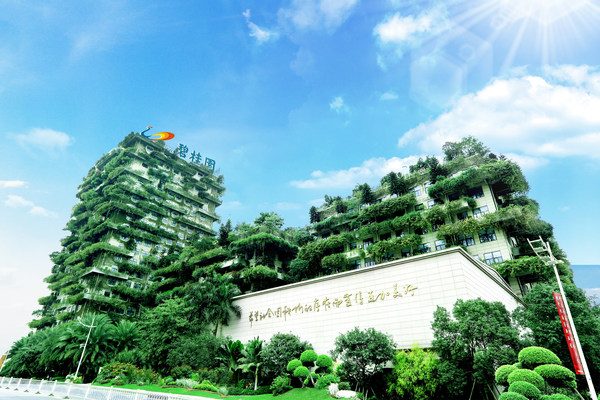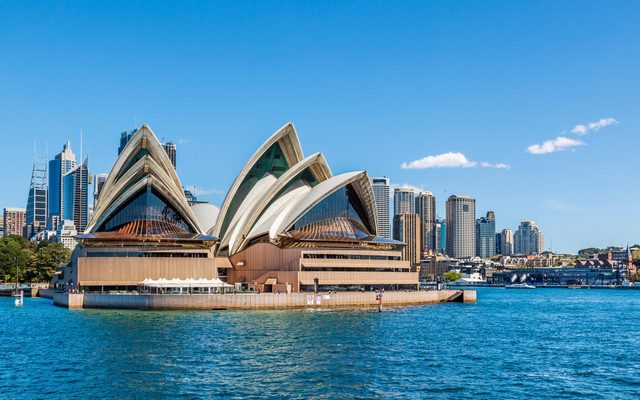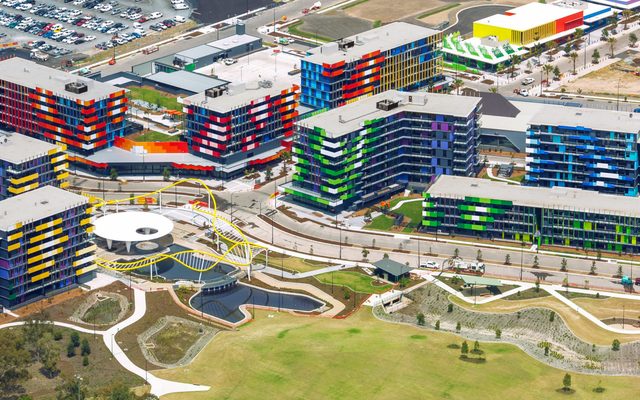This article is from the Australian Property Journal archive
CHINA’S real estate crisis has deepened, with the country’s largest private developer warning it could default on its international debts with its sales “under remarkable pressure”, while the Reserve Bank of Australia has warned the ensuing stress on China’s financial system could impact economies beyond its borders, including Australia’s.
In a statement to the Hong Kong stock exchange, the company – which has about US$200 billion in liabilities – said that it expects that it will “not be able to meet all of its offshore payment obligations when due or within the relevant grace periods, including but not limited to those under the US dollar notes issued by the company”.
“Such non-payment may lead to relevant creditors of the group demanding acceleration of payment of the relevant indebtedness owed to them or pursuing enforcement action.”
All eyes will be on whether it can pay a $15 million September coupon by next Tuesday, at the close of a 30-day grace period.
The company its sales are “under remarkable pressure” and available funds had continued to decline.
It also said its sales and financing were facing “significant challenges”, and it would “make its best effort to ensure the delivery of properties, which is the group’s most critical corporate responsibility and is the key pillar to safeguard the property market”.
China’s property sector has been reeling since Evergrande, dubbed the world’s most indebted developer, defaulted on debts two years ago following Beijing’s “three red lines” crackdown on the amount large developers could borrow.
The result has been countless unfinished homes across the country, and people who have purchased their homes off-the-plan refusing to make mortgage payments.
Restructuring of Evergrande, which still has US$327 billion in debts, has begun to falter. Evergrande has said that it cannot issue new debts to restructure its offshore liabilities due to the investigation into its Hengda Real Estate Group. Its billionaire founder and chairman Hui Ya Kan has been detained by Chinese police and is under surveillance, while it was reported that he is being investigated over allegations that he attempted to assets offshore while the company struggled to finish projects.
In its latest Financial Stability Review, the Reserve Bank of Australia said stress in China’s financial system “could affect the global financial system, including Australia, via slower growth and an increase in risk aversion”.
“Direct links between mainland China’s financial system and advanced economy banking systems are limited.
“Widespread financial stress in China would therefore affect advanced economy financial systems mostly via its impact on Chinese trade and a general increase in risk aversion in global financial markets. However, China’s financial system is a significant source of bank lending and direct investment for emerging market economies (EMEs). As a result, a disorderly repricing of risk in the Chinese financial system could lead to a significant tightening in financial conditions in some EMEs.”
It said that while direct links between Australia’s financial system and China’s financial system are small, “there is a risk that Chinese investors sell their holdings of Australian assets in response to stress in their home economy, adding to downward pressure on commercial real estate (or other) valuations in Australia, and increasing the tail risk of a disorderly price adjustment.
“The main effects of financial stress in China on Australia would likely be felt through slowing global economic activity, lower global commodity prices and reduced Chinese imports of Australian goods and services.”




